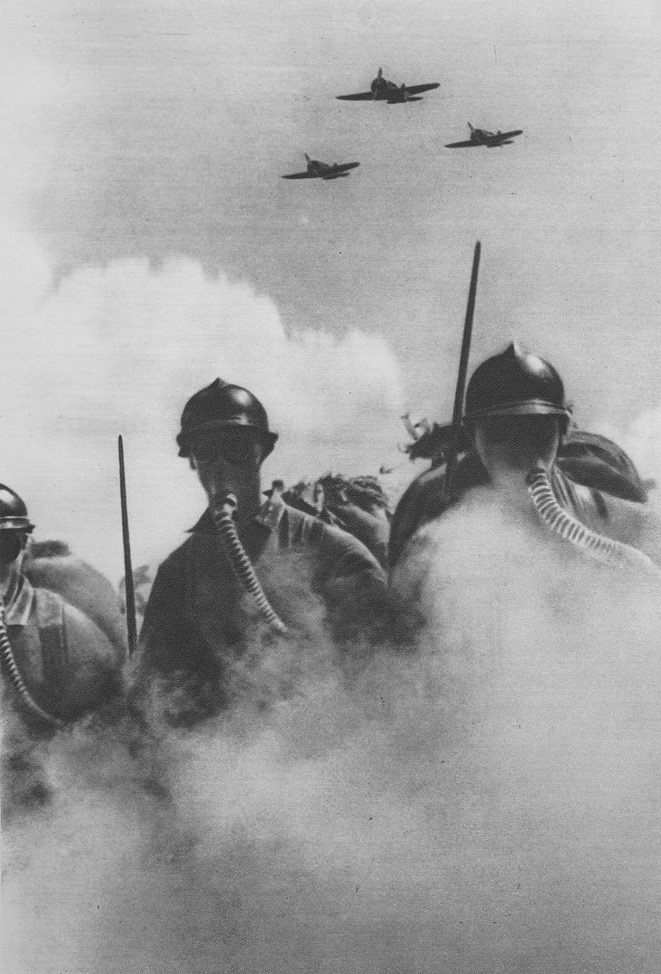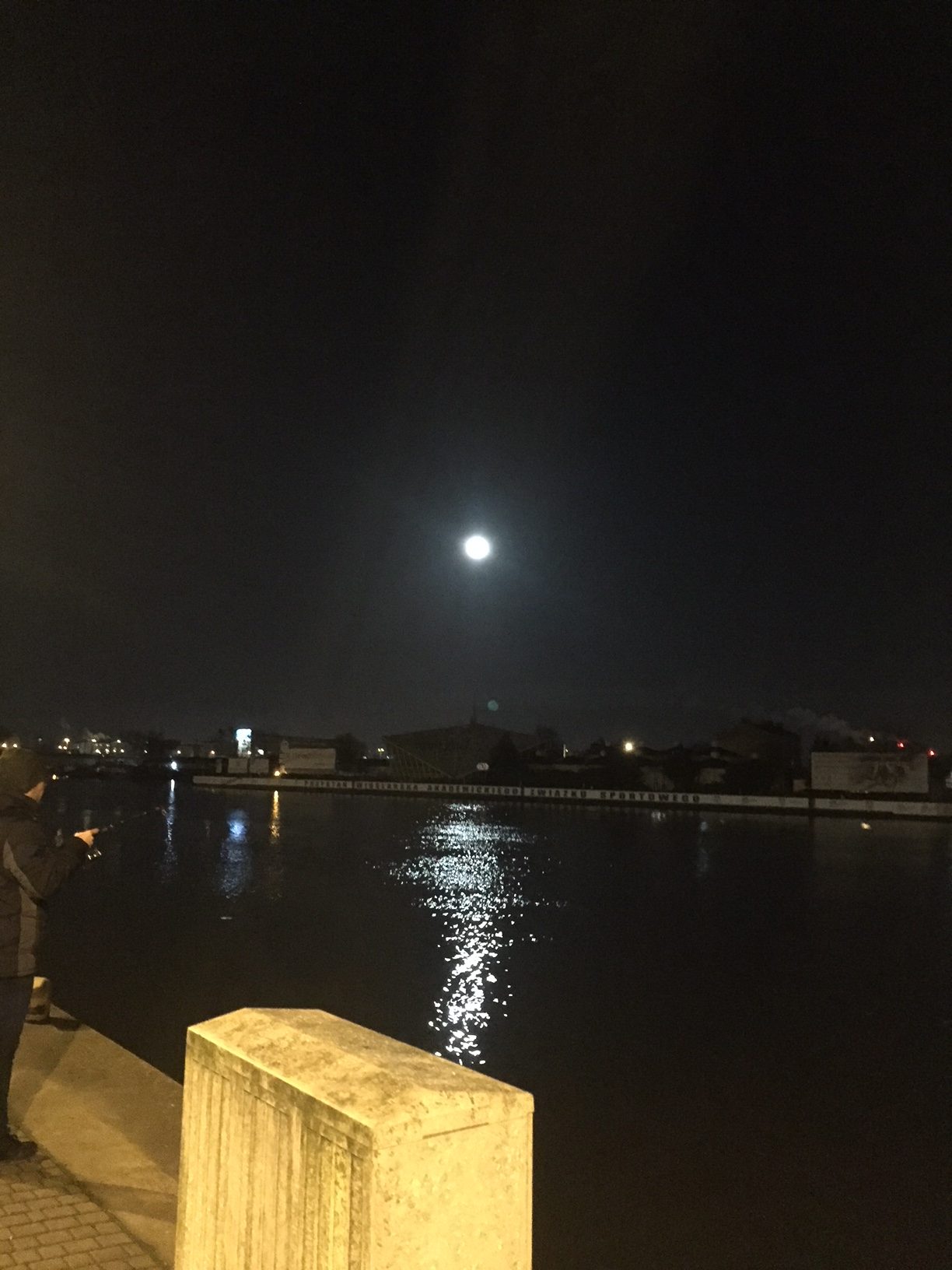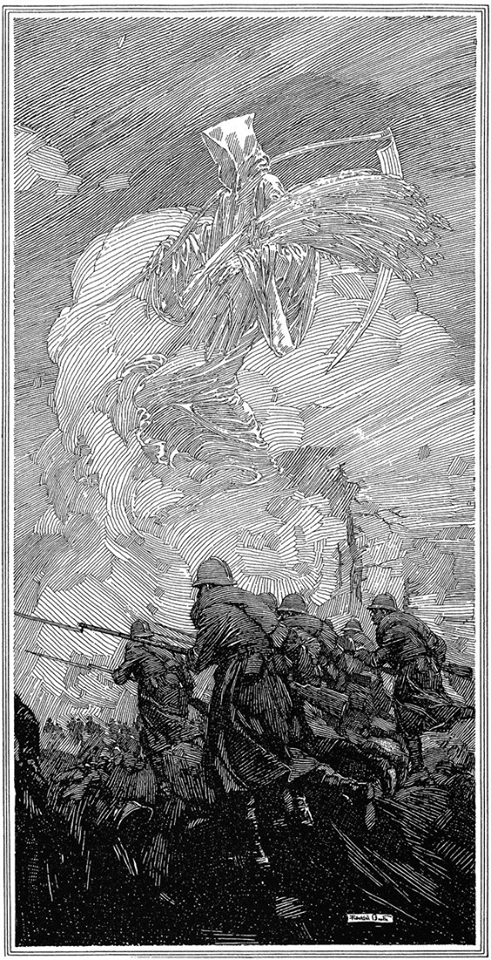I rarely speak young templar, but you forced my hand. I will thus formulate what has to be said – for your own consideration.
1. human being, as any other biological entity, is a part of the same „natural proccess” you idolize so much; therefore, why is it that you struggle to accept that million years of evolution definitely pushed us into being carnivores? Are you aware that we posses a hormone which gets activated once we digest meat and which is correlated to oxcytocin and other „happy&bonding hormones” – all to tell our primordial ancestors that THIS GROUP HERE ALLOWS YOU TO DIGEST MEAT, ITS GOOD TO STICK AROUND? You never allow for any tinkering around „natural ways of living” beavers, wolfs and deers have. Why OUR „natural ways of living”, which always involved meat-eating, is an only exception that can be violated and negated?
2. even if we all turn vegeterian today, what do you think will happen to the populations of the species we farm for food currently? Will they decrease or increase? Will there be more chickens around if we just release them all to the forests and jungles? I can guarantee you that would be yet another hecatomb and most likely, a total extinction in the end. Why is it hard to imagine that certain spieces may co-exist in many different ways? Just like a primordial wolf decided to cooperate with humans for offering us his sense of smell in exchange for offspring protection (at a risk of dying in every single hunting endeavour it supported humans with), why can’t we imagine that poultry offers us itself as a food source, but in exchange it gets a secure, and evergrowing population of its own population/genome? And just like a wolf didn’t „consciously” made such a bargain, poultry do not engage it „rationally”, but that is just how nature and its evolutionary proccesses you adore so much work. Imagine how many species went extinct PRECISELY because there was noone to have interest and use for it; and if only there was a rational being to employ FARMING, those precious lost lifeforms you mourn now would be there today in plenty of numbers and you could cry all day how much they suffer in our sheds instead.
3. industrial farming does look horrible indeed, but have you ever thought that it is solely because the death that occurs there is grouped together at one time and in one place? Don’t you think that if you took all the perfectly „natural” deaths in your beloved „natural state” and f.e. put 1000 lions with 1000 zebras in one place at one time, you’d witness even more horrific orgy of bloodshed? One that actually involves sometimes hour-long desperate struggle for survival, fear, terror, and in the end being slowly devoured while you are still alive? What if we are actually MUCH more ethical death-dealer here – we collect our geese and in one second one giant vertical guillotine chops all their heads off and its over. What if our „industralization” is in fact much preffered death?
I am poking at you young templar, because you fell into the trap which I identify as a certain naivete when it comes to understanding „nature”. You love your „nature” but only within parameters you strictly set up to be perfectly fail-safe for you – you want to have a nice hike in the clean mountainside, pretty meadow with pretty rabits and a nice clean lake to stroll around. But at the end of the day, you ALWAYS take your ass back to the shelter of your walls, which prohibit all kinds of predators to ever get near you and endanger you; walls, that shield you from merciless cold and wind and rain; you flick on electricity to warm yourself and dry yourself and open a fridge which is filled with food you don’t even know how got produced, because you no longer have to.
In other words, you are NOT REALLY in love with nature. You are in love with a sandbox, carefully curated and controlled piece of it; an idealized view that tickles your infantile sense of aestethics, in which you are always perfectly safe. And from which safety you can climb high on the ladder of your moral posturing and self-indignation.
If you want your arguments to be taken seriously – go out there to the deep forests with a knife and a tent (I will grant you that) and come back to us after 6 months. Then I would take your „love of nature” seriously, for only then you’d at least have a BIT of exposure to the reality of it (which still would be NOTHING compared to what our ancestors have to suffer from for millennia). And this is why you believe humans are not really a part of a „nature”, and they are always framed as some sort of „abomination” that invaded peaceful and harmonous world of „natural proccess”. You can only believe so because you have NO understanding of what nature really is.
Because mother nature you idolize so much is really a cunt – a sadist, which created a giant gladiator field upon which for million years million different lifeforms constantly were being eaten alive and developing better tools to be even more efficient at tearing flesh, crushing bones and sucking down the marrow. Wherever we put our feet, we stomp on a graveyards of unimaginable amounts of lifeforms that we do not even know ever existed. And your beautiful nature doesn’t give a single fuck; for every 1 adult sea turtle 100 have to be torn apart alive by seagulls on a beach and its OKAY THAT WAY. But if I went there and crushed all of them myself with the soles of my boots, I’d be called a psychopath and a monster. Why is that? Oh, that’s because she is a „pure harmonous force of nature” and I am just some sort of „abberation”, a „cancerous growth” that just suck the poor mama dry, right?
What if I told you that your moral posturing doesn’t really have anything to do with your supposed high empathy (and oh how much you like to tell yourself that), but it is instead your futile attempt to regain some sort of substitute of a „meaningful relationship” you never managed to secure with the actual real human being? What if I told you that your „love for animals” is really a love for their passivity, for them being perfectly fail-safe, for not needing to understand their emotions or feelings, for a security they give in the constancy of their behaviour, for a fact that they are unable to betray, for a fact that they do not demand and challenge you to grow emotionally and to face hardest truths of life?
What if I told you young templar that what you love the most is actually that convenience itself? You can get all the good vibes and pats on a back for how empathic you are without any work, any hardship, any growing, any stress, without facing heads on any tragedies of so complex human existence and fate? What if I told you that there are countless of matters that you could work on improving – in relations with people that will soon leave you (by the design of your beloved mother nature of course), but you’d rather be sheltered by all the discomfort it takes to navigate complexities of a human tragedy and you opt out to rather passionately defend boars and ducks instead? Isn’t that really pathetic?
But lest I forgot – humans are evil cancerous growth that should better be gone, so there is nothing really to investigate, right?
That’d be all. Go hug a tree now if there is need for consolation.





